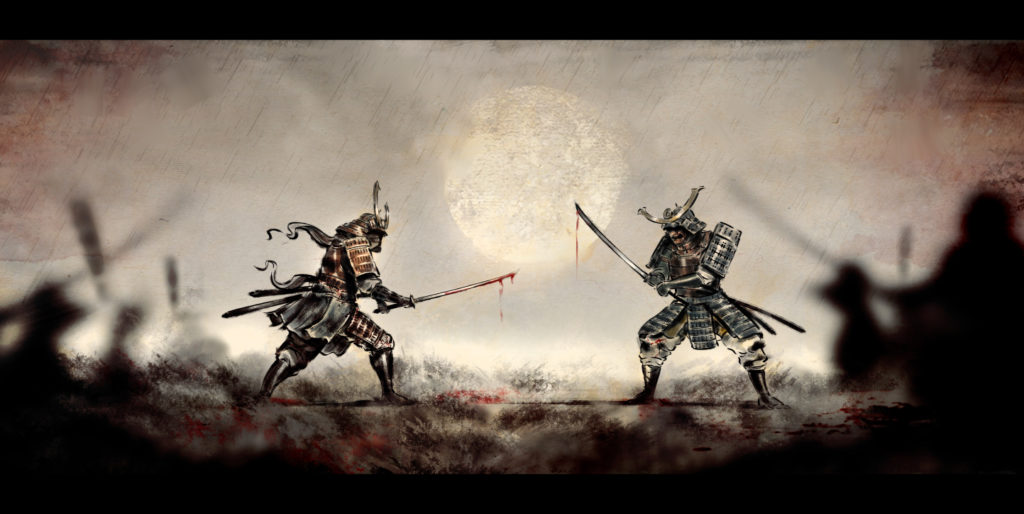
The Japanese Warring States period, also known as the Sengoku period, lasted for most of the 15th and 16th centuries. It was a violent and turbulent era where the land lacked a central government. The Imperial Court had lost most of its power and the descendants of Minamoto no Yoritomo, the first Shogun, were unable to maintain their supremacy. As a result, daimyo and samurai across the Japanese islands went to war over the domination of Japan.
Japan’s Warring States period was named after the earlier Chinese Warring States period. In 481/403 BCE – 221 BCE, Ancient China had been famously split into rival states which battled for dominance. Finally, the Qin state had emerged victoriously and become the first unified Chinese state. The Japanese Warring States period followed a similar pattern on a smaller scale.
From 1493/1467 to around 1573, Japan was trapped in a constant cycle of conflict and social upheavals. Daimyo rose to power in various places across the land and began fighting their neighbors for resources. These conflicts established a strong culture of centralized control over each daimyo’s territory. They also encouraged daimyo to form massive armies of samurai retainers—and encouraged samurai to become wandering ronin without fear, as someone was always hiring warriors.
During this era, war occurred on a daily basis for roughly a full century. That turbulent age is generally agreed to have ended when Oda Nobunaga, the first of Japan’s Three Great Unifiers, took control from the then-current Shogun Ashikaga Yoshiaki. However, the age of conflict would continue until the Battle of Sekigahara.
In Tale of Ronin, the violence of the Warring States period is still in living memory. The warrior class still trains for bloody conflicts and expects to be used in battle. However, the peace of the Edo period means that there are far more warriors than the new government requires. And there is no easy way to deal with the hordes of unemployed ronin who can no longer find the work they believe they are entitled to. And, more importantly, the unquestioning respect that over 100 years of near-constant war has led the samurai class to believe they deserve.